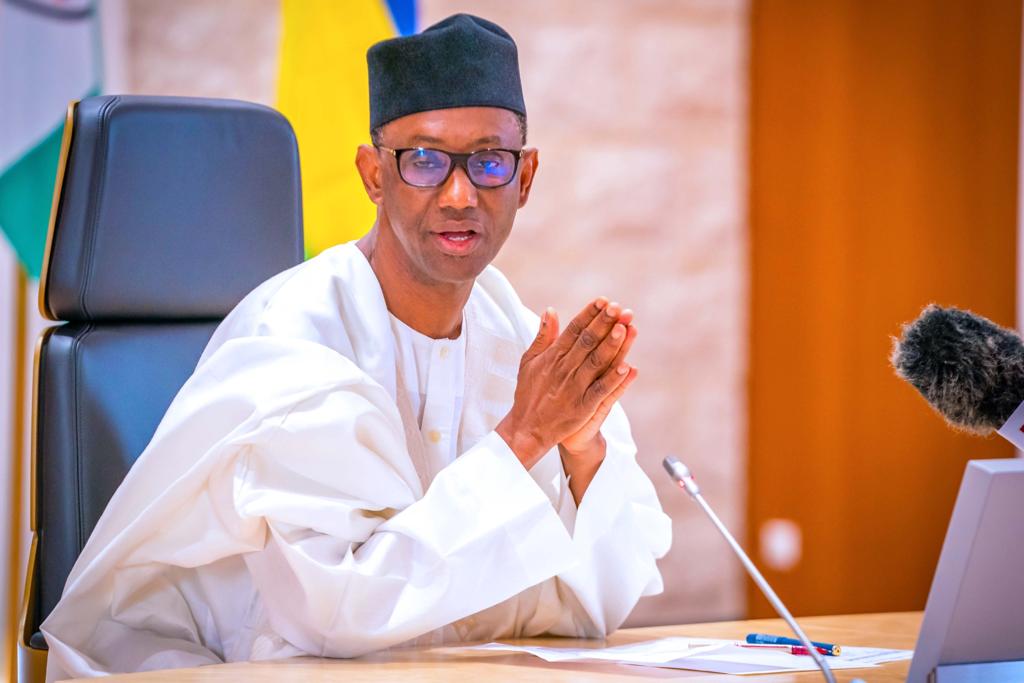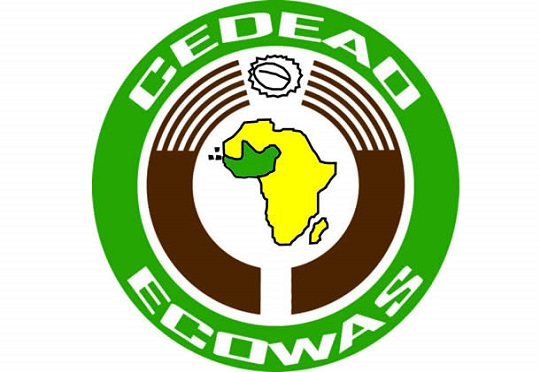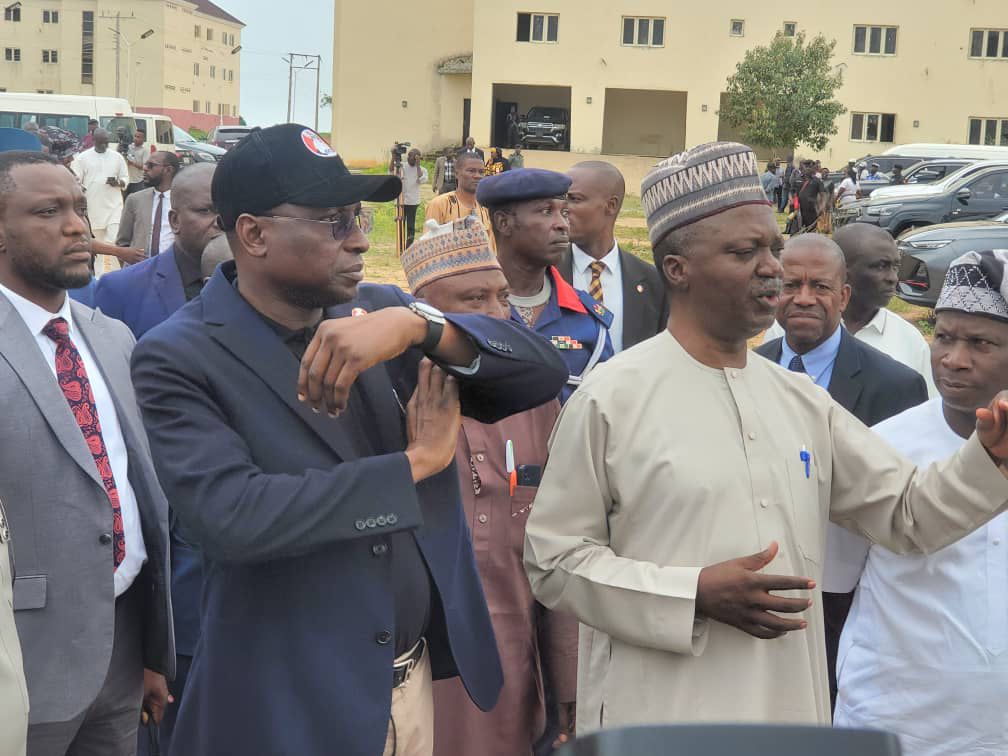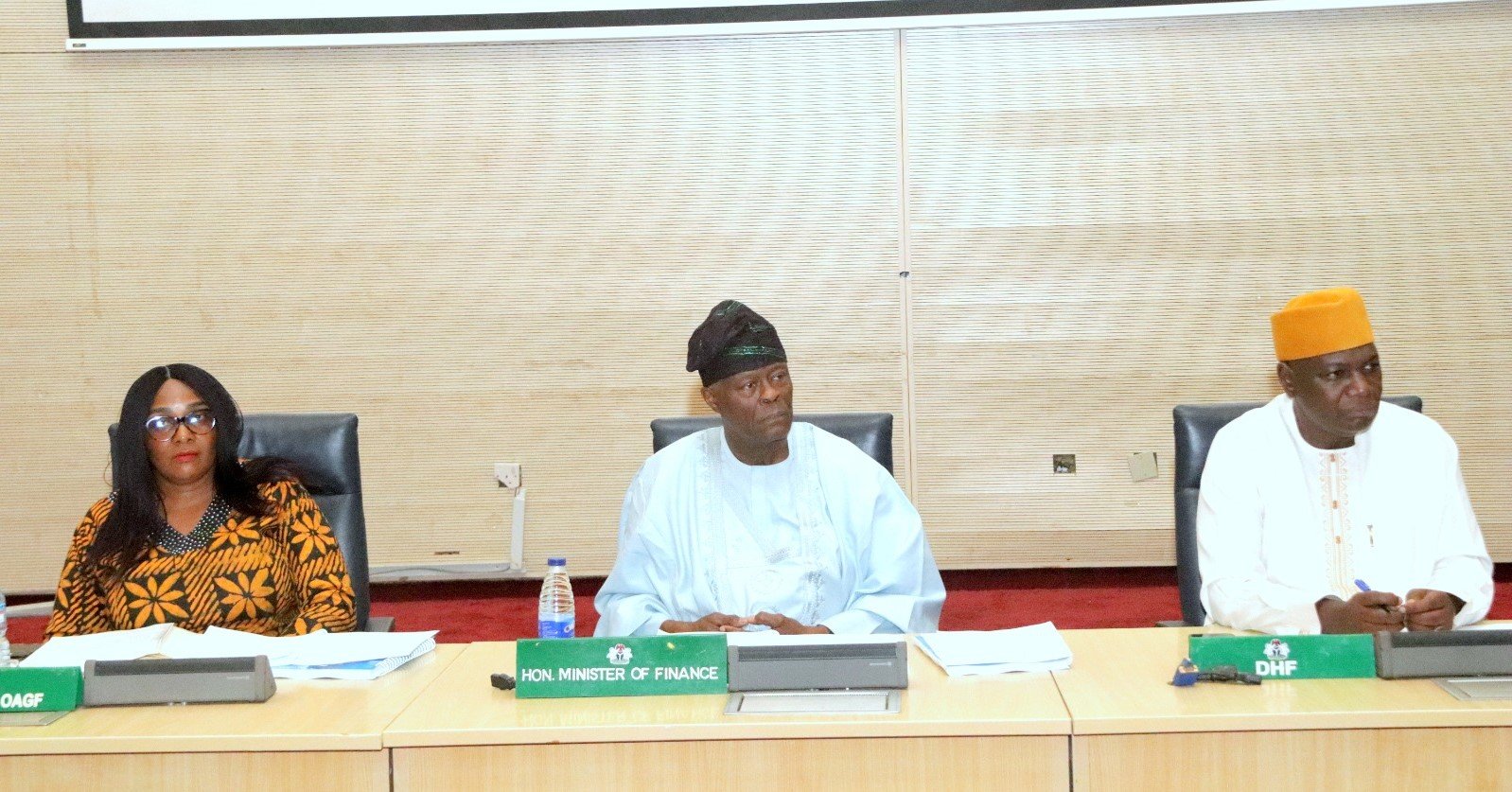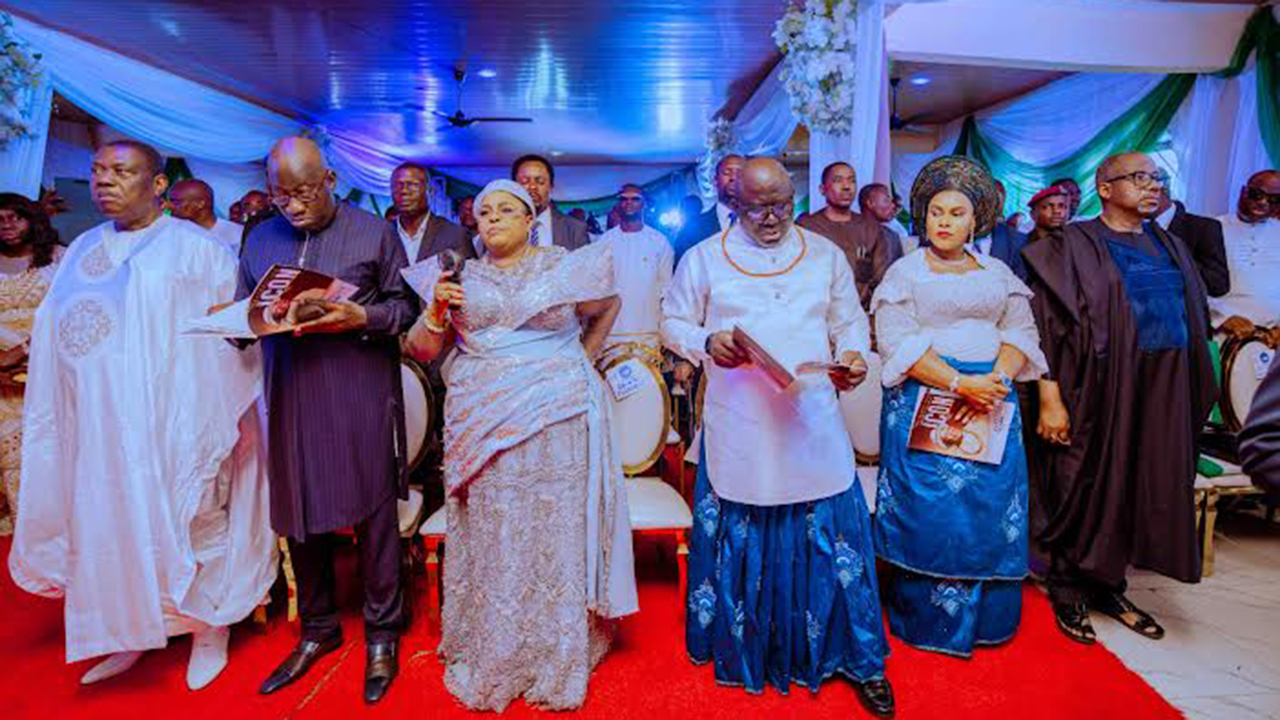Centre flays N'Assembly for enacting only 23 bills in two years
Civil Resource Centre for Human Rights and Civic Education (CHRICED) has accused the National Assembly of poor legislative performance in the last two years.
The organisation noted that only 23 out of over 800 bills proposed by the lawmakers in the past two years had been enacted into law.
According to the centre, the National Assembly, once envisioned as the heartbeat of democracy, has become a mere extension of the executive’s agenda, prioritising political interests over national welfare.
CHRICED’s Executive Director, Ibrahim Zikirullahi, raised the concerns in a statement, yesterday, marking the eighth anniversary of CHRICED’s pioneer Chairman, late Professor Abubakar Momoh, who he described as a revered advocate of democratic governance.
According to Zikirullahi, the alarming slowdown in legislative productivity is a sign of the erosion of Nigeria’s democratic institutions.
He said: “The executive branch now overshadows the other arms of government, with the legislature reduced to a rubber-stamp institution and the judiciary plagued by questionable decisions.
“The National Assembly, once envisioned as the heartbeat of democracy, has become a mere extension of the executive’s agenda, prioritising political interests over national welfare. In two years, out of over 800 proposed bills, only 23 have been enacted, most of which serve executive interests rather than the needs of the people.
“The hasty passage of bills such as the National Anthem Bill, while critical legislation like the Food Pricing Bill and the Electoral Reform Bill remain in limbo, further underscores the misplaced priorities of our legislative bodies. The reckless approval of the 2025 Appropriation Bill, packed with controversial projects amounting to trillions of naira, raises concerns about transparency, accountability, and the genuine commitment of lawmakers to serve the people.”
Zikirullahi urged the lawmakers to return to the democratic principles championed by Momoh, adding that it was important for the legislature to be independent, accountable, and focused on the needs of Nigerians.
On the second anniversary of President Bola Tinubu, Zikirullahi said this period should serve as a moment for reflection and time to reassess policies, mend governance failures, and chart a new course toward genuine democratic progress.
He said: “As a pan-African scholar, Momoh was vocal in his critique of neoliberal economic policies imposed by global financial institutions. He warned against blindly implementing austerity measures that prioritise economic metrics over human development.”

